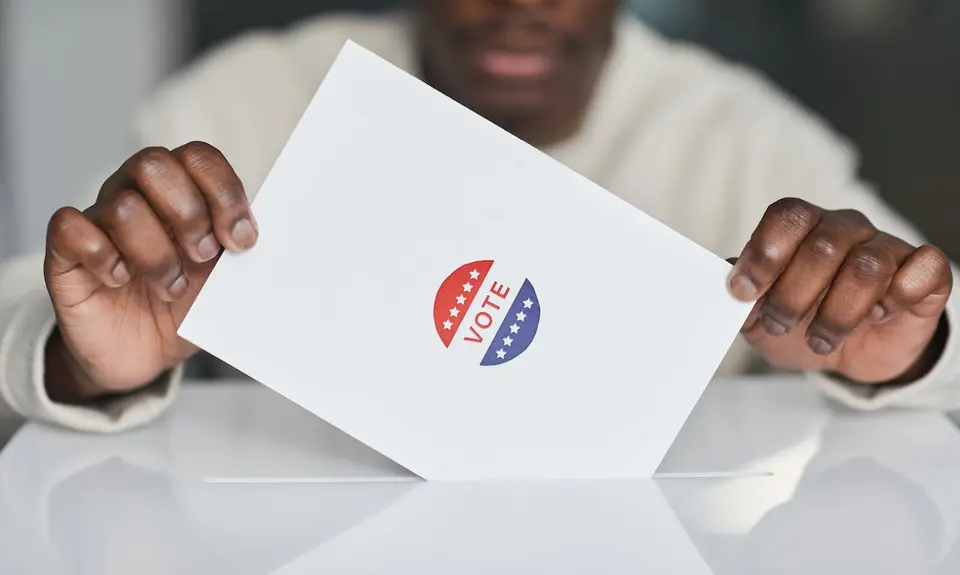Last week, Louisiana voters chose a new governor, Jeff Landry. I say the “voters chose” him but what really happened was that only a small fraction — about 36 percent of registered voters statewide — even turned out at all, in what’s described as the lowest-turnout gubernatorial election in a dozen years in the state.
Unfortunately, Governor-elect Landry has a record from his time as the state’s attorney general that can only be described as abysmal for Black people. Landry backed legislation that would make formerly confidential juvenile police records public in only three of the state’s parishes, all of which are predominantly Black. He called Black Lives Matter activists “armed thugs.” He once recommended that police return to “stop-and-frisk” practices in New Orleans, stating that there are “limitations” to civil rights.
Predictably, questions of how this happened zeroed in on the issue of low Black voter turnout as a component of overall low turnout as if Black voters didn’t care enough to turn out in an election that had serious consequences for their lives and well-being. This was more than a little annoying to Black Louisianans. “After Jeff Landry’s low-turnout Louisiana win, Black voters refuse to take all the blame,” said one headline.
I have to agree with those voters. The factors contributing to low turnout are complex, but there’s no question that circumstances can make voting inaccessible or unattractive to Black voters. Those circumstances range from deliberate (racial gerrymandering, voter suppression) to negligent (failure to encourage Black voters’ participation year-in and year-out).
As a result, we have a subset of Black voters — especially Black men — who are stereotyped as “low-propensity voters,” when we should be calling them “low-investment” voters because nobody bothers to put in the effort to get them involved and help them overcome the systemic barriers to voting that are put in their way.
Low investment in Black voters can also breed hopelessness. I’m still hearing thoughts expressed now that remind me of what I heard back in 2016, as a presidential campaign volunteer. In those days I would knock on doors and visit barbershops to talk to Black voters, and I heard a lack of enthusiasm. There was cynicism and disbelief that voting mattered or that political parties really cared whether the Black community came out to vote. People were wondering, will my life really get better if I vote for this candidate or the other?
But it does matter.
Lack of full participation by potential Black voters means a lot of people are governed by other people who don’t have their best interests at heart. It means little to no accountability when people govern in a way that is contrary to their constituents’ interests. And it means a voting bloc with enormous potential to influence the functioning of government is dormant.
We’re talking about millions of people. And registering voters is critically important — but so is getting people who are already registered, but voting infrequently, to come out to the polls.
So, this is a plea to every organization that intends to launch a get-out-the-vote campaign in the coming months: Don’t ignore or give up on so-called “low-propensity” Black voters.
At my organization, People For the American Way, we believe these overlooked voters are so important that we have a Defend the Black Vote campaign designed specifically to find them and help them vote. It’s nonpartisan; we don’t tell people how to vote or ask how they voted. We just encourage them to vote and give them information about how and where to do it.
If we want a thriving democracy, we need to hear from everybody on Election Day. And that means no voter should be discouraged, overlooked or counted out.
